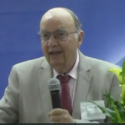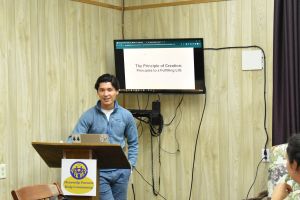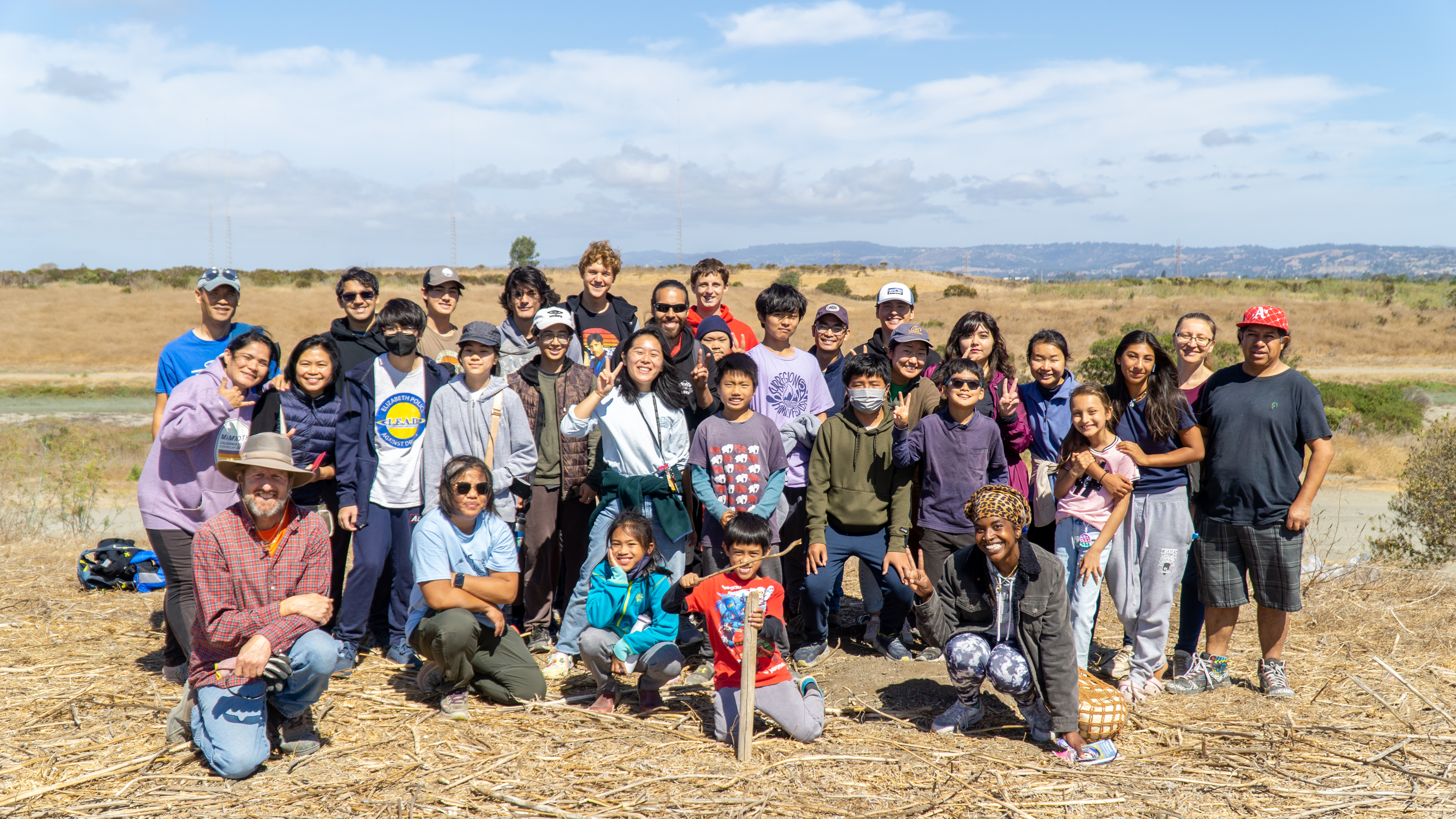The Moral Child

What is the most extreme example of moral behavior? My example would be the
righteous Christians who risked their lives to protect Jews from the Nazi murderers.
When scholars studied this altruistic behavior they discovered something very ordinary.
These altruists explained that their moral behavior was learned at home, where they
took seriously what they were taught by their parents.
Obviously, there were Christians who learned their morality at home, but did not
respond by risking their lives. So what elements of moral development can we identify
as leading to moral behavior. Michael Schulman, in his book Bringing Up the Moral
Child offers three basic ideas: "1) internalizing parental standards of right and wrong
action; 2) developing empathic reactions to other people's feelings; and 3) constructing
personal standards of kindness and justice."
Unfortunately, Schulman does not focus on core values other than "…a child who
strives to be kind, fair, and responsible." If parents are not clear about the seriousness
of core values in their own lives, children may learn the words of morality rather than
seeing the example of a moral life. So, parents must continually examine their own
moral behavior and help children identify the moral behavior of others.
Empathic learning is also not a simple affair. At The Principled Academy we
focus on empathic learning as part of our social and emotional curriculum from
preschool through middle school. Empathy is not just a matter of feeling but also of
understanding. In middle school, for example, I teach the play A Raison in the Sun. It
is a powerful drama that reveals how African Americans experience racism and how it
impacts their lives. As I show the film as well as study the text, I hope students can be
moved intellectually and emotionally by the power of the play. This is especially
important for as I write this our nation is being convulsed with demonstrations against
racism. Great literature teaches us to understand and care about others who are
different.
Schulman's third point is also well taken. Young people need to learn to develop
principled of moral behavior by internalizing those principles. To become a moral
person, a person of character we need to guide our lives by what we have developed as
our moral core. Students will often behave based upon what an authority, a teacher or
political leader demands. Such behavior is based upon altruistic motivation. For
someone to be motivated by moral principles, to become a person of principle, there
must be intrinsic motivation. That is a person who feels and acts upon core values,
irrespective of what someone demands.
What is most hopeful is that parents and teachers can help children develop self
control and manage their emotions. We are not bound by selfish emotions, and
everyone, even the youngest children, can be taught to care for others and develop
responsible love. Self-centeredness can become other-centeredness where there is a
balance between I and we.
Parents and teachers can help children make good choices in behavior based on
core values. We are social beings and must be taught how to be responsible for caring
behavior, how to love: to seek the benefits welfare and well-being of others and of
oneself.
Children need to realize that there are consequences for irresponsibility.
Occasionally at The Principled Academy a parent will allow permissive behavior on the
part of a child. The child is cute or smart and does poorly in class. The parent believes
the teacher is at fault and says nothing to the child. Permissiveness leads to self
centeredness.
Parents are always the first and perhaps last teachers, and they need to model
the moral behavior that they demand from their children. There are endless "teachable
moments" during the day when parents and teachers can spot good or bad behavior.
They can identify love as the foundation for moral development, not fear of punishment.
Needless to say, our culture often promotes selfish behavior. Greed, lust, and
license have not yet disappeared as ideals for immoral behavior. Empathy,
compassion, and a caring, loving family and school, however, are powerful antidotes to
immorality and provide the best means of raising a moral child.
 Mose Durst is an author, educator, and the former president of the Unification Church of the United States. He received a master’s degree and PhD while studying English Literature at the University of Oregon. He taught at a number of colleges and currently teaches literature and history at the Principled Academy in San Leandro, California. He has published eight books including Principled Education, Shakespeare’s Plays, and Oakland, California: Towards A Sustainable City.
Mose Durst is an author, educator, and the former president of the Unification Church of the United States. He received a master’s degree and PhD while studying English Literature at the University of Oregon. He taught at a number of colleges and currently teaches literature and history at the Principled Academy in San Leandro, California. He has published eight books including Principled Education, Shakespeare’s Plays, and Oakland, California: Towards A Sustainable City.




